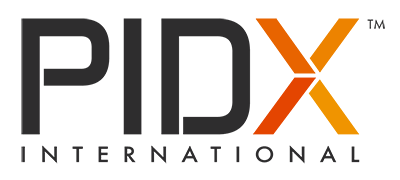WG01: Business Messages Work Group (BMWG)
The PIDX Business Messages Work Group (BMWG) establishes usage guidelines for approve Transaction, Routing and Packaging (TRP) protocols used in the transmission of PIDX standards between trading partners. Additionally, BMWG provides technical support with regard to XSD schema development and maintenance to the Standards and Guidelines (S&G) Committee and other Work Groups and Project Teams. Key deliverables include XML schema development and maintenance, maintenance of implementation guidelines, usage guidelines,analysis, and recommendation for adoption of new TRP protocols, and liaison with other groups with regard to emerging technologies relevant to PIDX.
CHAIR: Miledy Paris, Halliburton
VICE CHAIR: Alisa Konchenko, DocStudio
WG02: Business Processes Work Group (BPWG)
The PIDX Business Processes Work Group (BPWG) analyzes issues related to targeted documents and recommends solutions to address the most common buyer and supplier issues. BPWG facilitates new standards for ebusiness within the Oil and Gas by analyzing which aspects of Procure to Pay (P2P) and order fulfillment require business process guidelines. The Work Group also defines the process to document business process guidelines, solutions and business process guidelines, and determines whether current documents require modifications or additional documents are needed.
CHAIR: David Shackleton, Independent Contractor
VICE CHAIR: Eugene Soloviov, DocStudio
SPT02b: Emissions Transparency Data Exchange
<p”>The purpose of the Emissions Transparency Data Exchange project team is to create standards for the data exchange regarding carbon emissions and using automation to enable reporting to various stakeholders. The initial focus will be on carbon emission reporting.
CHAIR: Chris Welsh, OFS Portal
VICE CHAIR: David Shackleton, Independent Contractor
WG03: Catalog and Classification Work Group
The Catalog and Classification Work Group enables high-quality, standardized items and service descriptors to be used across the industry, reducing cost and risk associated with exchange of these terms. Drawing from expertise from all parts of the Oil and Gas industry, the Work Group developed and maintains the Petroleum Industry Data Dictionary (PIDD). This structured dictionary describes products and services – from upstream, downstream, operator, oilfield services, and suppliers – and it is open to all to access royalty free. The PIDX Catalog and Classification Work Group also maintains the Petroleum Industry Glossary, a collection of terms used throughout the Oil and Gas industry.
CHAIR: Marty Dytrych, Industrial Data Labs
VICE CHAIR: Zakhar Dikhtyar, DocStudio
WG04: Downstream Work Group
The Downstream Work Group supports organizations participating in the petroleum downstream market sector and develops process and technology standards that facilitate seamless and efficient electronic business for downstream organizations. Additionally, the Work Group acts as custodian of codes for the Oil and Gas industry, its trading partners, and vendors.
CHAIR: Kris Pronske, DTN
VICE CHAIR: Lisa Rotunno, DTN
SPT04d: Industrial Data Exchange Platform for Downstream Terminal Master Data
Build an API-driven data exchange platform for the PIDX Downstream Codes. Part of this project would also include providing the industry with a standard protocol to transmit data sets that include customers, partners, carrier/haulier information and product information.
VICE CHAIR: Elena Mereanu, Transport4

